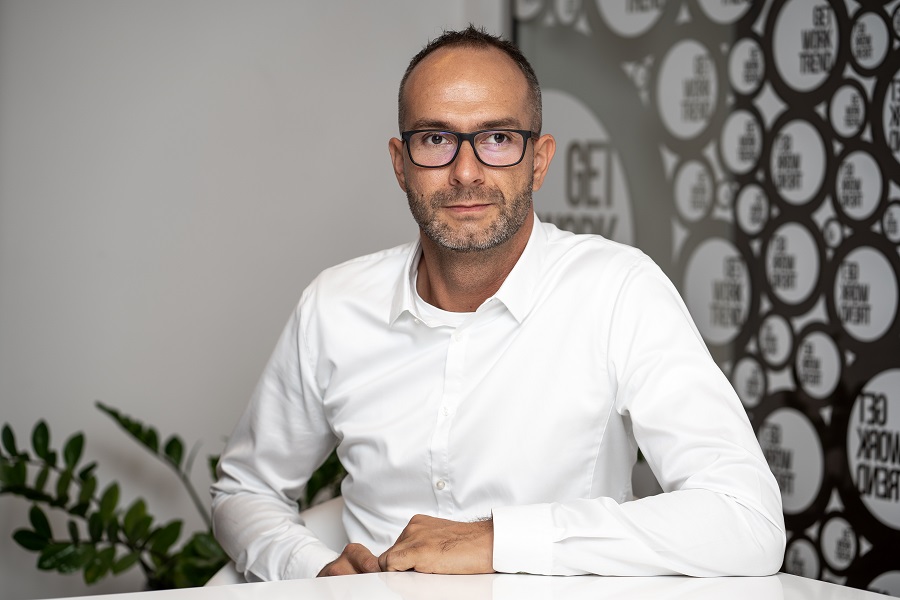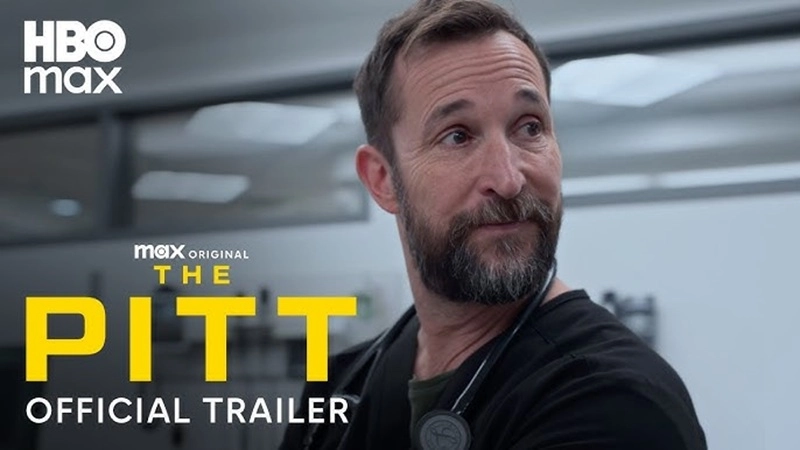Wage pressure, hybrid working, staff shortages - extra challenges for managers and HR in Hungary
More than ever before, managers are faced with the challenge of retaining employees and creating the right conditions for them to work. Double-digit inflation and with it the pressure to raise wages, the mental effects of the covid are not lost on many, all the while maintaining or achieving profitability for the company in the shadow of the Russian-Ukrainian war. "Pre-epidemic methods don't work," says Ákos Jáhny, strategic director of Get Work Trend, a temporary employment agency.

"The main issue in the workplace has become what to do about salaries, with increasing pressure from employees to management," says Ákos Jáhny. Inflation above 10 per cent ate into the increases earlier this year, with lower earners feeling the above-average rise in food prices more keenly. Moreover, rising utility costs could further increase household costs by autumn. Managers are in a difficult situation because they need to maintain the profitability of their companies in an expected deteriorating economic climate. And with blue-collar jobs still in short supply. If salaries are not competitive or competitors offer a few thousand HUF more, manual workers can quickly move on.
"If a manager starts at the bottom to settle wages, it will ripple through the whole organisation, otherwise wage scales would collapse and wage tension would be created. The big question is how far an organisation can compensate the increasing wages in the prices" says Ákos Jáhny. The HR expert adds that there is more room for manoeuvre for employers with a foreign background, who last year set the labour costs of their Hungarian subsidiary in euros. They can more easily raise the salaries due to the 15 per cent depreciation of the euro/forint exchange rate. Companies producing for western exports may also find it easier to raise wages. A more difficult situation is faced by the Hungarian-owned small and medium-sized enterprise sector working for the Hungarian market, where in many places there is no well-developed system for dealing with the wage issue. "The question is whether we are willing to pay wages at the expense of profits in order to increase revenues in the longer term," says Ákos Jáhny.
Focusing on mental health
Employers need to pay particular attention to the mental health of their workers. Since 2020, stress levels have risen for many: fear of epidemics, impoverishment, social isolation. They are used to the home office, they find it difficult to return to the office, and their relationships with people have changed. According to Ákos Jáhny, this also means that efficiency has declined, and workers cannot be expected to do the same amount of work as before the epidemic. Many companies have recognised this trend and are prioritising health promotion - through training, access to private healthcare and changes to working conditions.
In office jobs, it has become standard practice for employees to work part-time from home, also known as hybrid working. Ákos Jáhny sees this as an irreversible process. Some of those looking for sales and IT jobs would already switch to a 100% home office.
Companies are also transforming their office spaces: the main focus is no longer on individual work, but on collaborative work, community building and inspiration. Single offices or small individual rooms are being replaced by functional spaces: for project work, for example, or meetings for different numbers of people.
It is essential to understand the needs of young people
And then there is the generational issue. Generation Z (born between 1996 and 2010, as the literature calls them) has already appeared in the workplace with different needs, working methods and outlooks compared to today's 30s and 40s. " This generation does not fall for company names and managers. They look for the intention behind the values and attach themselves to a purpose, a cause, a vision. They are more individualistic than previous generations, they don't like their employer to influence their personal life, they like to separate work and leisure. The leader has to earn authority in their circles, they have a greater need for individual development. According to Ákos Jáhny, if a company wants to be future-proof, it needs to incorporate Generation Z's mindset into its corporate culture.
In conclusion, the HR expert says that managers and HR need to talk more to employees through a variety of channels - online and in person. They need to understand who wants what and what problems they are facing, because this is the only way to keep the team together and create the conditions for working effectively in a world of uncertainty.
In the opening picture, Ákos Jáhny, Strategic Director of Get Work Trend
- 2026.03.18Six Sigma Green Belt képzés A KÉPZÉS CÉLJA: A tréning résztvevői megismerik a TQM-ben, mint menedzsmentrendszerben rejlő lehetőségeket. A tréning résztvevői gyakorlati jártasságra tesznek szert a 6 Sigma módszertan alkalmazásában, és képesek lesznek önállóan 6 Sigma projekteket vezetni a vállalatuknál.
Részletek
Jegyek
- 2026.03.26recruiTECH x HRTECH konferencia A recruiTECH x HRTECH konferencia HR vezetőknek, toborzóknak, toborzási vezetőknek, employer branding és L&D szakembereknek szól, akik a munkaerőpiaci kihívásokra már technológia-alapú, jövőálló megoldásokat keresnek, és hatékonyabb HR működésben gondolkodnak.
Részletek
Jegyek
The HR profession is collectively overworked, according to the recently published HR Mental Health Index 2025. In a background discussion, four experts... Teljes cikk
What kinds of lies occur at work, and how can we detect them? At this year’s Internet Hungary HR track, two speakers explored the phenomenon of “false... Teljes cikk
What signs should you look out for during the interview? What should you do if you already work in such a place? Who can you turn to for help in this... Teljes cikk
- HR washing: the reality behind HR marketing 2 hete
- A HR-washing - avagy a kicsírázott babzsákfotel 3 hete
- Hogyan lesz a vállalati kultúra a megtartás egyik legerősebb eszköze? - aki válaszol Plósz Orsolya 1 hónapja
- Idén is a top munkaadók között a Philip Morris International 1 hónapja
- Új Country Manager a JTI Hungary Zrt. élén 1 hónapja
- Négyszáz új dolgozót toboroz ez a cég Debrecenben 1 hónapja
- The HR profession suffers from success blindness 2 hónapja
- Sikervakságban szenved a HR szakma 2 hónapja
- Képzelt állásinterjú egy bértranszparens országban - fikció, ami hamar valósággá válik 2 hónapja
- Lesz idén prémium? Mikor jár és mikor perelhetünk érte? 2 hónapja
- HR burnout: how HR professionals destroy themselves and their organizations 3 hónapja



 Egy életmentő szakma egy napja: Vészhelyzet Pittsburghben
Egy életmentő szakma egy napja: Vészhelyzet Pittsburghben